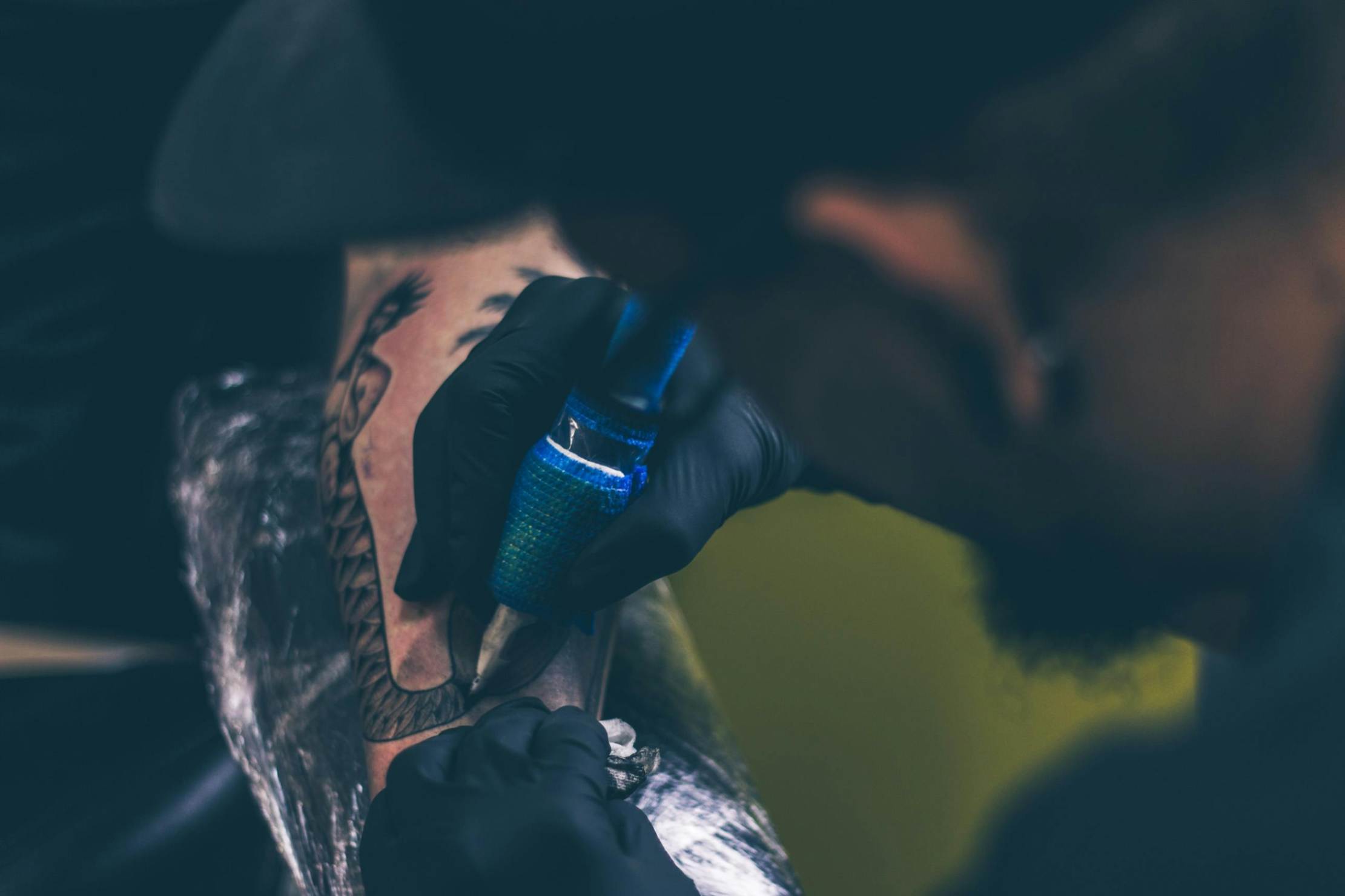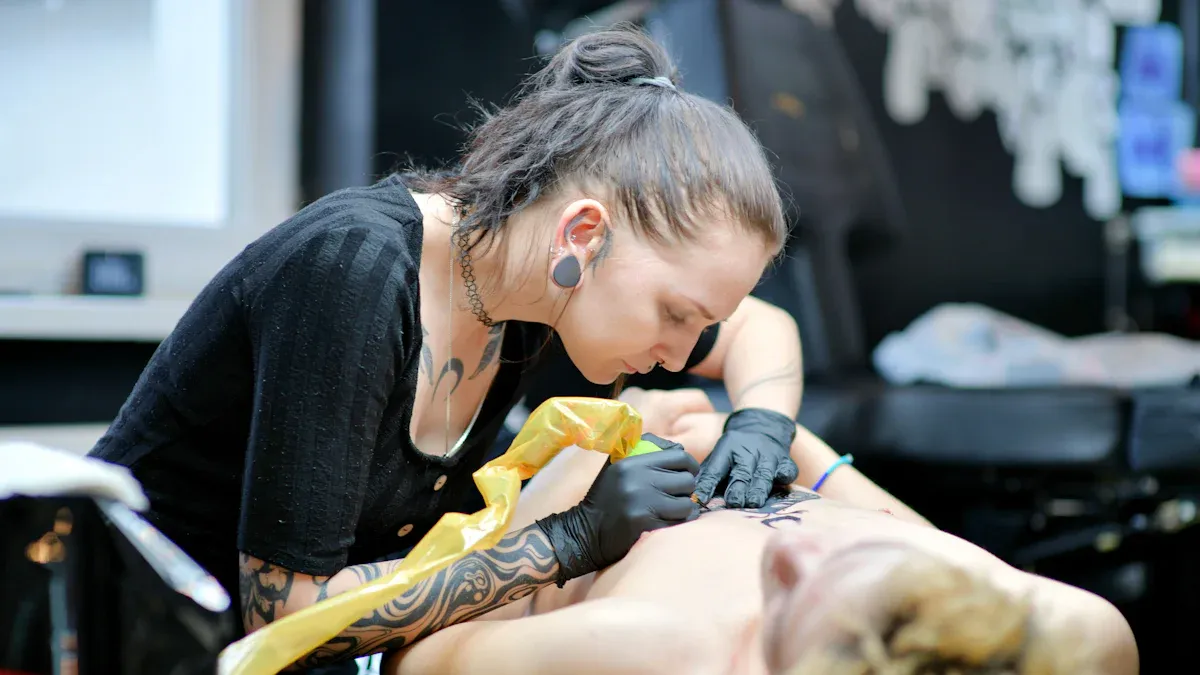How to Avoid Tattoo Apprenticeship Scams

Entering the world of tattoo artistry can be thrilling, but safely landing a legitimate tattoo apprenticeship takes more than just passion and talent. The industry is unfortunately peppered with scams that prey on beginners. If you’re not cautious, you could be left with empty pockets and little to show for it. Here’s how you can navigate the process and sidestep common pitfalls.
Recognize Authentic Training Environments
A solid tattoo apprenticeship should start in a fully licensed facility that meets all necessary health regulations. Shops that hold proper documentation signal their commitment to professionalism and safety. The right environment feels structured. Look for programs that move step by step, beginning with observation, followed by assisting in basic duties, and progressing to actual hands-on work, always under the guidance of a dedicated mentor.

Watch for Red Flags
Certain warning signs should immediately raise concerns. Avoid any shop lacking proper licenses or cleanliness; unsanitary conditions put your health at risk and show poor management. If a “studio” offers quick certification or makes promises to get you ink-ready with minimal training, walk away. Short, high cost programs often leave students learning nothing substantial except how to mop floors. Stay away from places where dirty tools, unclear protocols, or general disorganization are the norm.
Paying for an Apprenticeship: Beware of Greed
It is not unusual for an apprentice to cover some costs, especially if you aren’t connected personally to the artist. However, beware of programs that charge steep fees without a clear return on your investment. A fee alone isn’t a scam, but if the mentor cannot outline exactly what you’ll learn or expects thousands for little more than cleaning up, you’re likely facing exploitation. Shops churning out dozens of apprentices a year, mainly for their money, are best avoided.
Avoid Tattoo “Schools” That Promise Quick Results
Many so-called tattoo schools guarantee you’ll become a pro in just a few weeks or months. The reality is that mastering this craft demands time, patience, and incremental learning not a crash course. These programs are usually regarded as scams by working professionals. Save your money and steer clear of these shortcuts masquerading as opportunity.

Protect Yourself From Social Media Scams
An increasing number of fraudsters pretend to be tattoo artists or apprentices online. They showcase photos of stolen work and reel in victims with enticingly cheap offers, demanding deposits upfront. Once the deposit is paid, they vanish, leaving you blocked and out of money. Genuine artists and mentors work in established shops with verifiable track records, portfolios, and client reviews. Always insist on an in-person meeting before paying any deposit and be wary if the deal sounds too good to be true.
Insist on Transparency and Communication
Ask plenty of questions about the shop, the training structure, and past apprentices. A reputable mentor won’t shy away from discussing their background or letting you talk to former students. Request a written agreement that details what you’ll receive for any fees paid. Trust your instincts; if something feels off or a deal gets pushy and vague, it’s perfectly fine to walk away in search of a better opportunity.
Respect Your Own Boundaries
No part of any apprenticeship, especially in tattooing, should involve feeling unsafe, pressured, or exploited in work, finances, or otherwise. Tattooing is an art form built on trust and respect; the right apprenticeship embodies those values from day one
Conclusion
Approaching a tattoo apprenticeship with care and awareness is essential to building a lasting career. By choosing reputable mentors, verifying credentials, and trusting your intuition, you can avoid scams and gain valuable skills in a supportive setting. Remember, a genuine apprenticeship is a gradual process that prioritizes learning and safety over quick profits. Protect your passion by making informed decisions. your dedication deserves nothing less.
Also Read: What Is a Tattoo Apprenticeship and Why Do You Need One?
